Posted on 3/28/2025
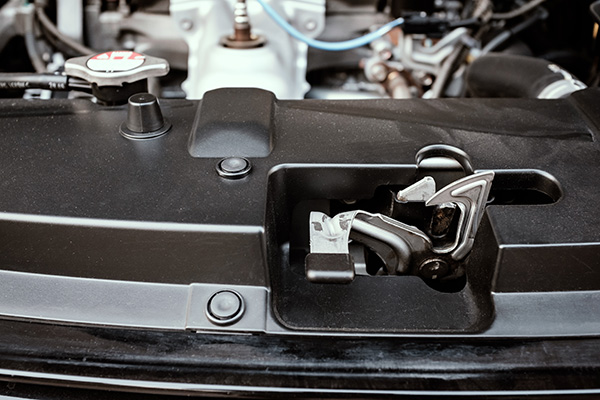
You pull the hood release lever under the dashboard—nothing happens. No click, no pop, just a loose or stiff handle that refuses to cooperate. A hood release that stops working can leave you stuck, unable to access your engine bay for basic tasks like checking fluids or jump-starting a dead battery. It’s a frustrating situation but also a common one. And it usually boils down to a problem with the cable, latch, or lever mechanism itself. The hood release is one of those parts most drivers don’t think about until it fails. But when it does, it can be a real hassle. Knowing the possible causes and how this system works can help you understand what’s wrong—and why it needs to be fixed sooner rather than later. How the Hood Release System Works The system that opens your hood is relatively simple but relies on all the parts working in sync. It starts with a lever inside the car, usually near the driver’s left foot. When pulled, that l ... read more
Posted on 2/28/2025
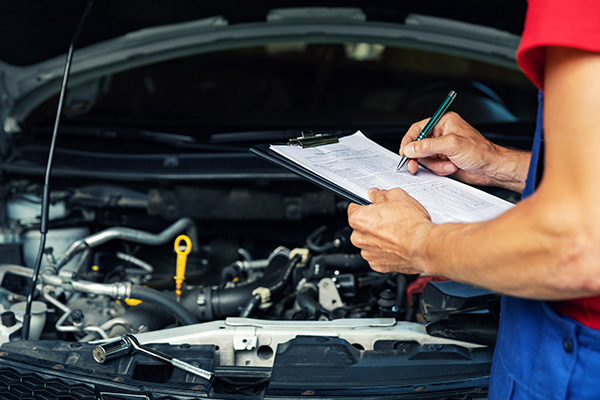
A high-mileage car can be a reliable companion if properly maintained, but as the miles add up, wear and tear become inevitable. Even the most well-built vehicles start to show signs of aging, and ignoring minor issues can lead to costly repairs. Knowing what to watch for can help you stay ahead of problems and keep your car on the road longer—but what are the most common trouble spots in older vehicles? Engine Wear and Oil Consumption Engines in high-mileage vehicles experience gradual wear over time. Piston rings, valve seals, and gaskets can deteriorate, leading to increased oil consumption. If you notice that your car is burning oil between changes or that the oil level drops without visible leaks, it may be a sign of worn internal components. Using high-mileage engine oil can help reduce oil loss and extend the life of aging engine parts. Transmission Problems Automatic transmissions rely on clean, properly maintained fluid to function s ... read more
Posted on 1/31/2025

Choosing the right motor oil for your vehicle might seem straightforward, but when you’re faced with options like synthetic and conventional oil, the decision can become more complicated. Both types of oil are designed to lubricate your engine and keep it running efficiently, but they differ significantly in composition, performance, and maintenance requirements. Let’s find out what sets these two types of oil apart and help you make the best choice for your car. Synthetic Oil Synthetic oil is a man-made product created through a chemical process that results in a highly refined and uniform molecular structure. This engineered oil offers superior performance in extreme temperatures, enhanced lubrication, and greater resistance to breakdown over time. Because of these qualities, synthetic oil is commonly recommended for modern engines, high-performance vehicles, and drivers who face challenging conditions like extreme heat or cold. One of the standout ben ... read more
Posted on 12/21/2024
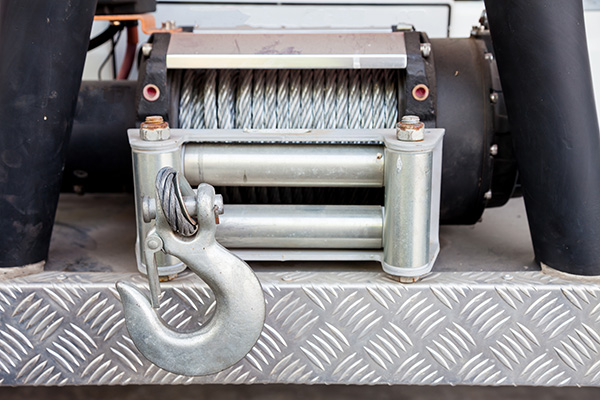
Pickup trucks are built to handle heavy loads, rough terrain, and everything in between. But no matter how robust your truck is, there’s always room for improvement. Whether you use your pickup for work, play, or daily commutes, upgrading specific features can make a world of difference in performance, convenience, and overall utility. Let’s explore six must-have upgrades every pickup truck owner should consider to get the most out of their vehicle. 1. All-Terrain Tires The tires on your truck are more than just rubber meeting the road—they’re the foundation of your vehicle’s performance. All-terrain tires offer enhanced traction and durability, making them perfect for off-road adventures or challenging weather conditions. These tires provide better grip on loose gravel, mud, and wet roads while still maintaining a smooth ride on pavement. If you frequently navigate rugged terrain or deal with unpredictable weather in Denton, TX, all-te ... read more
Posted on 11/29/2024
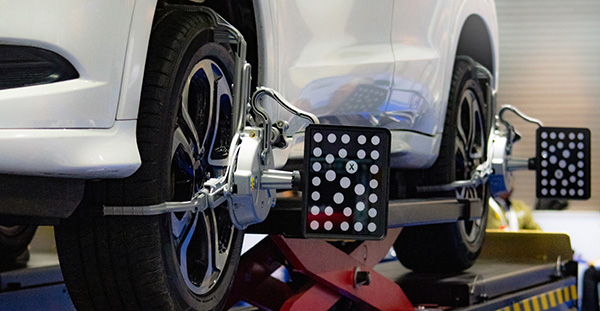
Ever notice your car pulling to one side, or do your tires seem to be wearing unevenly? These are classic signs that your wheel alignment might be off. Wheel alignment is vital in how your vehicle performs and how long your tires last. We'll explain what wheel alignment is, why it matters, and how it can save you from bigger issues in the future. What is Wheel Alignment Wheel alignment refers to adjusting the angles of your car’s wheels to ensure they meet the manufacturer’s specifications. It’s all about creating harmony between the wheels, suspension, and steering so your car drives straight and handles properly. The three key measurements involved in alignment are camber, caster, and toe: Camber is the angle of the wheels when viewed from the front. If the tops of the wheels tilt inward or outward too much, it can lead to uneven tire wear. Caster refers to the steering axis angle, which affects stability and steering performance. Toe is t ... read more
Posted on 10/31/2024
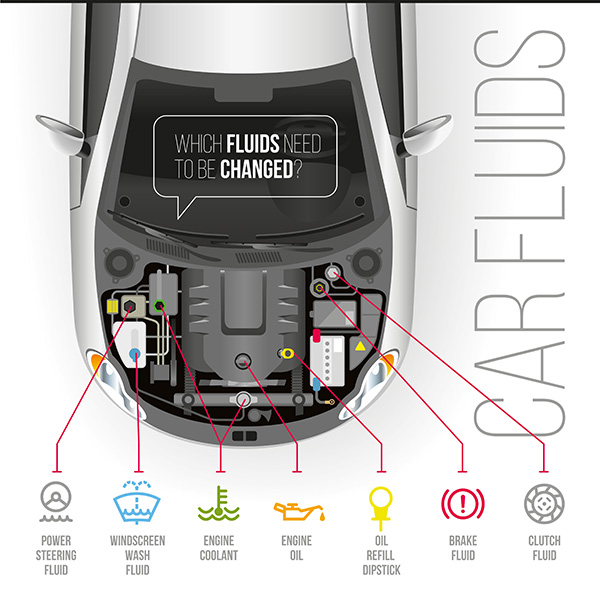
Owning a car is about more than just getting behind the wheel and hitting the road. To keep your vehicle running efficiently and extend its lifespan, routine maintenance is necessary—and that includes keeping an eye on your car’s fluids. These fluids ensure everything operates as it should. Neglecting them can lead to costly breakdowns. So, what are the most important car fluids you should be checking on a regular basis? 1. Engine Oil When it comes to essential car fluids, engine oil is at the top of the list. Your engine’s moving parts generate heat and friction, and engine oil is responsible for lubricating those parts to prevent them from wearing out too quickly. It also helps to keep the engine cool by reducing friction. Regularly checking and changing your engine oil is one of the simplest yet most important maintenance tasks you can do for your car. Old ... read more
Posted on 9/27/2024

Car theft is an unfortunate reality that many drivers have to face. Whether you drive a brand-new car or an older vehicle, thieves are always on the lookout for their next target. But here’s the good news—there are plenty of ways to protect your car and make it much harder for thieves to steal. So, how do you go about securing your vehicle from theft? Be Mindful of Where You Park One of the simplest yet most effective ways to prevent car theft is by being selective about where you park. Always aim to park in well-lit areas, especially at night. Parking lots that security cameras or attendants monitor are also ideal, as they add an extra layer of deterrence against potential thieves. If you park on the street, try to find spots near high-traffic areas with a constant flow of people—thieves are less likely to target a vehicle in a busy place. For added security, consider parking your car in a garage whenever possible. If a garage isn’t availabl ... read more
Posted on 8/30/2024
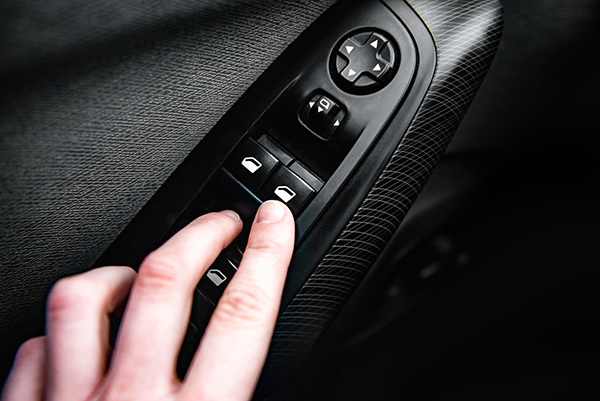
Power windows are one of those car features that you might take for granted—until they stop working. When they do, it can be a real hassle. Whether you’re stuck with a window that won’t roll down on a hot day or one that won’t stay up when it’s raining, malfunctioning power windows can disrupt your driving experience. But what causes power windows to fail in the first place? Let’s explore the five most common reasons your car’s power windows are not working as they should. 1. Electrical Issues One of the most frequent reasons for power window failure lies in the car’s electrical system. Since power windows operate through a complex network of wires, fuses, and switches, any disruption in this system can render the windows non-functional. Blown Fuses A fuse’s job is to protect the car’s electrical components from damage due to an overload. If a fuse connected to the power windows blows, the ... read more
Posted on 7/26/2024

Pickup trucks are an iconic part of the American automotive landscape. From bustling urban centers to the vast countryside, these versatile vehicles dominate the roads. But what exactly drives the popularity of pickup trucks in the USA? Let's explore the factors that make these vehicles so beloved by Americans. A Symbol of Versatility and Strength Pickup trucks are the epitome of versatility. Need to move furniture, haul equipment, or tow a trailer? A pickup truck can handle it all. This ability to multitask makes pickups incredibly appealing. Whether you're a contractor needing to transport tools and materials or a family planning a camping trip, a pickup truck can accommodate a wide range of needs. The strength and durability of these vehicles make them a reliable choice for various tasks, earning them a top spot in American hearts. Adventure-Ready V ... read more
Posted on 6/27/2024
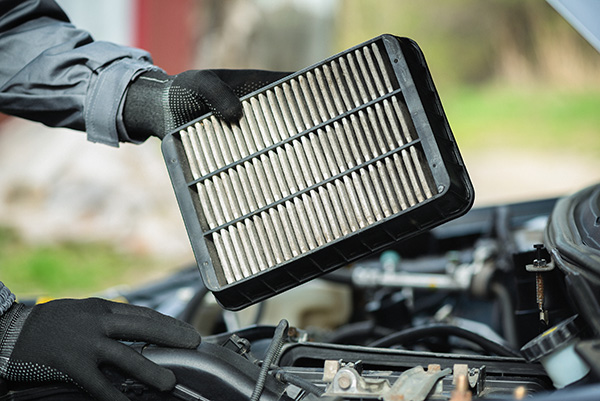
Your car's intake air filter plays a crucial role in keeping the engine running. It filters out dirt, dust, and debris before they can enter the engine. But what happens when this filter gets dirty? How can you tell it's time for a change? We'll explore the telltale signs of a dirty intake air filter and why it's essential to keep it clean for optimal vehicle performance. The Importance of a Clean Air Filter Ever wonder why your car isn't performing as well as it used to? The problem might be lurking right under the hood. A dirty intake air filter can lead to many issues, affecting everything from fuel efficiency to overall engine health. Keeping your air filter clean is vital, not just for the longevity of your car, but also for ensuring a smooth and efficient ride. So, what should you look out for to know if your air filter needs attent ... read more